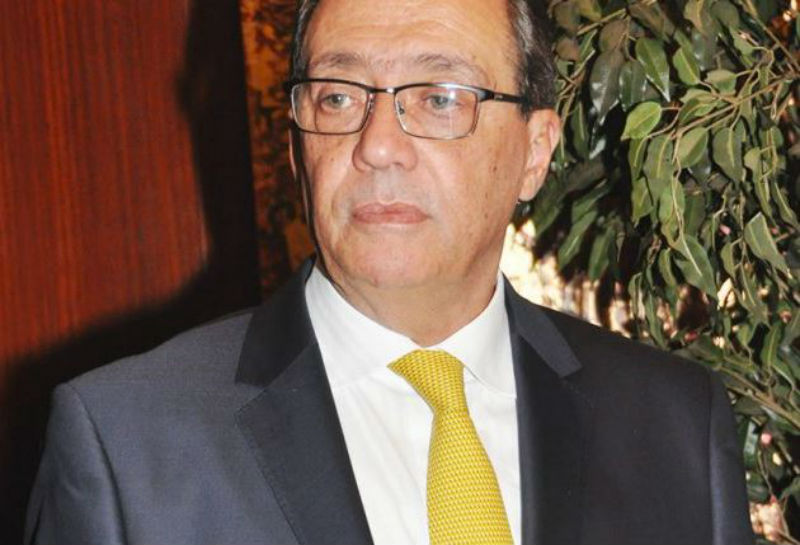The junior partner in Morocco’s governing coalition will resign on Tuesday over planned cuts in food and energy subsidies and other issues it believes will hurt the poor, a spokesman for the conservative Istiqlal party said.
Istiqlal is in coalition with the Islamist Justice and Development party (PJD) that won 2011 legislative elections held after the adoption of the new constitution proposed by King Mohamed to stifle the Arab Spring protests.
“Our ministers will submit their resignations to the prime minister on Tuesday, we are no longer members of this coalition,” Istiqlal spokesman Adil Benhamza told Reuters.
“Prime Minister Abdelilah Benkirane is acting like the head of a political party rather than the head of a government that represents the people,” he added.
It remained unclear whether the king, who wields ultimate power, would accept the six ministers’ resignation, though political analysts said Istiqlal’s move did not seem spontaneous and may have had at least partial support from the palace.
If the king accepts the resignations, Benkirane must seek a new coalition partner or call an early election. Analysts say the first option is more likely.
The government, under pressure from the International Monetary Fund, plans cuts of around 20 percent in subsidies of basic goods that burned up 53.36 billion dirhams of public money, or 6.4 percent of national output, in 2012.
The reforms, due to be introduced after the holy fasting month of Ramadan, will spell pain for households used to subsidised oil, gas, sugar and other staple goods.
Istiqlal controls the finance ministry and five other cabinet portfolios.
SHIELDING POOR
“PJD wants to raise prices and hit the poorest, while we prefer to pick up some billions which are in the hands of speculators by controlling imports,” Benhamza said.
Under the government plans, an automatic adjustment of prices will cut spending on subsidies to 42 billion dirhams or less, as it is fixed by the 2013 budget, which is based on an oil price of $105.
“The adjustment will be in both directions. When (oil) prices are less than $105, that will let Moroccans consider that it is not necessarily a bad thing,” General Affairs Minister Mohamed Najib Boulif told Reuters recently.
Benhamza described the automatic adjustment as a “trap”.
“There are no adjustments, prices will rise,” he said, adding that his party also opposed a government decision to cut state investment by 15 billion dirhams ($1.8 billion).
The political establishment around King Mohammed is anxious to avoid a drop in living standards and prevent a repeat of street protests seen in 2011, which the king managed to stifle with social spending, harsh policing and constitutional reforms that paved the way for the PJD to come to power.
Last year, Morocco agreed a two-year, $6.2 billion precautionary credit line with the IMF.
Prime Minister Benkirane said the IMF had criticised his government last month for acting too hesitantly in implementing reforms to improve Morocco’s public finances.




